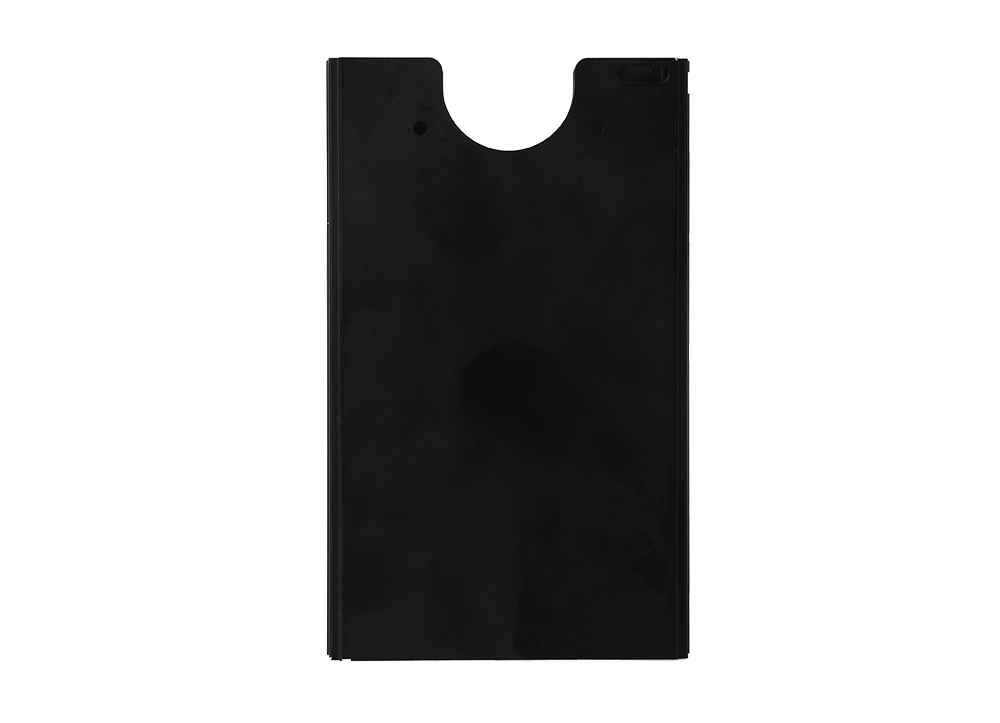Time:2023-08-08 Preview:
From the name alone, it is different from general machined parts. This process is usually only selectable when needed. Therefore, before choosing this processing method, we must first understand which one it is and what its advantages and disadvantages are. Next, we will learn about the processing methods for professional non-standard parts processing.
Firstly, we know that non-standard parts are related to standard parts, so before understanding non-standard parts, we should know what standard parts are. Standard parts refer to commonly used parts that have been fully standardized in terms of structure, dimensions, drawings, markings, etc., produced by professional factories, such as threads, rolling bearings, etc. Widely including standardized fasteners, joints, transmission components, seals, hydraulic components, pneumatic components, bearings, springs and other mechanical parts. The narrow range only includes standard fasteners. Standard parts are often referred to as the abbreviation and narrow concept of standard fasteners in China, but the existence of a broad concept cannot be ruled out. In addition, there are industrial standard parts such as automotive standard parts and mold standard parts, which also belong to the general standard parts.

Professional non-standard parts processing professionals mainly explain that there are no strict standard specifications established, and other accessories controlled by the enterprise, except for relevant parameter regulations. There are a large number and varieties of non-standard parts, and the classification is not standardized. The following is a rough classification:
Non standard metal materials:
According to the drawings provided by the user, the manufacturer manufactures corresponding products based on the equipment, usually molds, with tolerances and finishes specified by the customer, without a certain model. Products require corresponding quality control from casting to precision machining, with complex processes and significant changes, and generally higher costs than standard parts.
Non standard non-metallic materials:
Some non-metallic materials are processed. In recent years, the injection molding industry, plastic molds, curved surface design, and CNC programming have continuously developed, greatly increasing the processing cost and tolerance level of professional non-standard parts, such as plastics, wood, and stone.
 Related News
Related News·Method for checking the accuracy of the operation of the CNC drilling and milling machine with a mov ·Four factors affecting the cutting accuracy of CNC laser cutting machines ·Share the precautions for processing fine hardware parts ·What are the main parts of the use of CNC lathe processing manufacturers? ·Development Issues of CNC Machine Tool Industry in China ·What is the machining principle of CNC horizontal machining center for single arm drilling and tappi ·Innovators in CNC technology manufacturing industry ·What are the drawbacks of stainless steel processing ·What are the advantages of CNC precision machining? ·Carving and milling operating method


